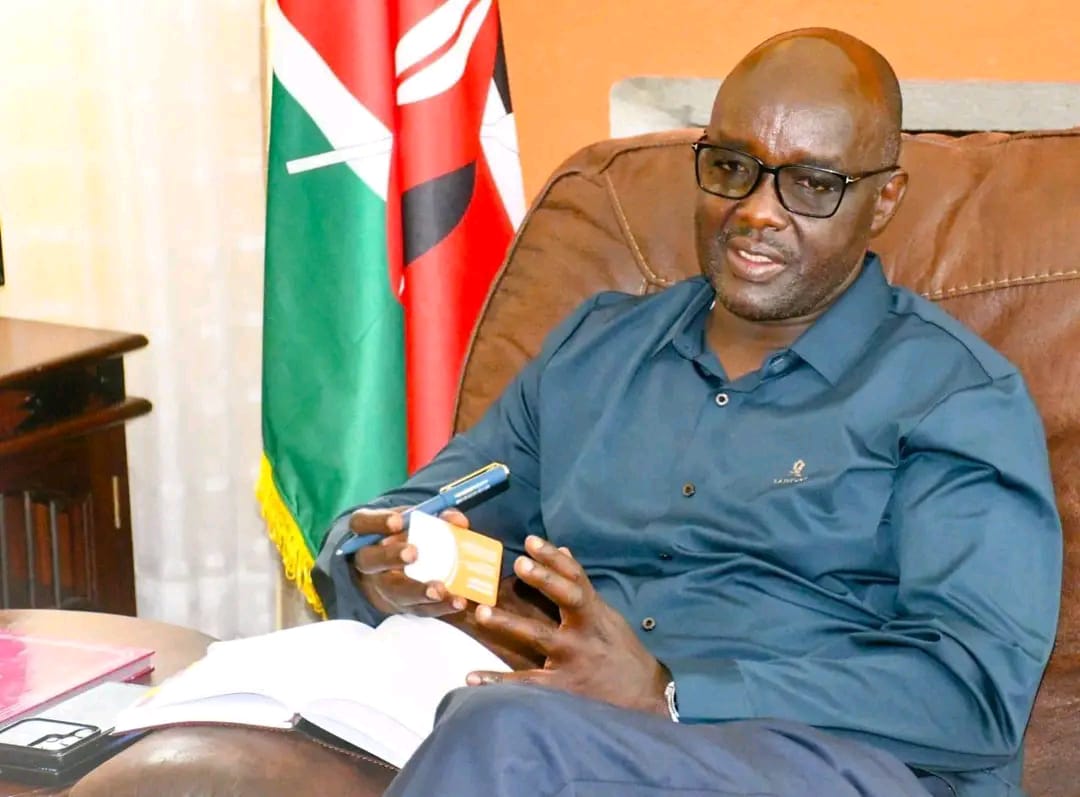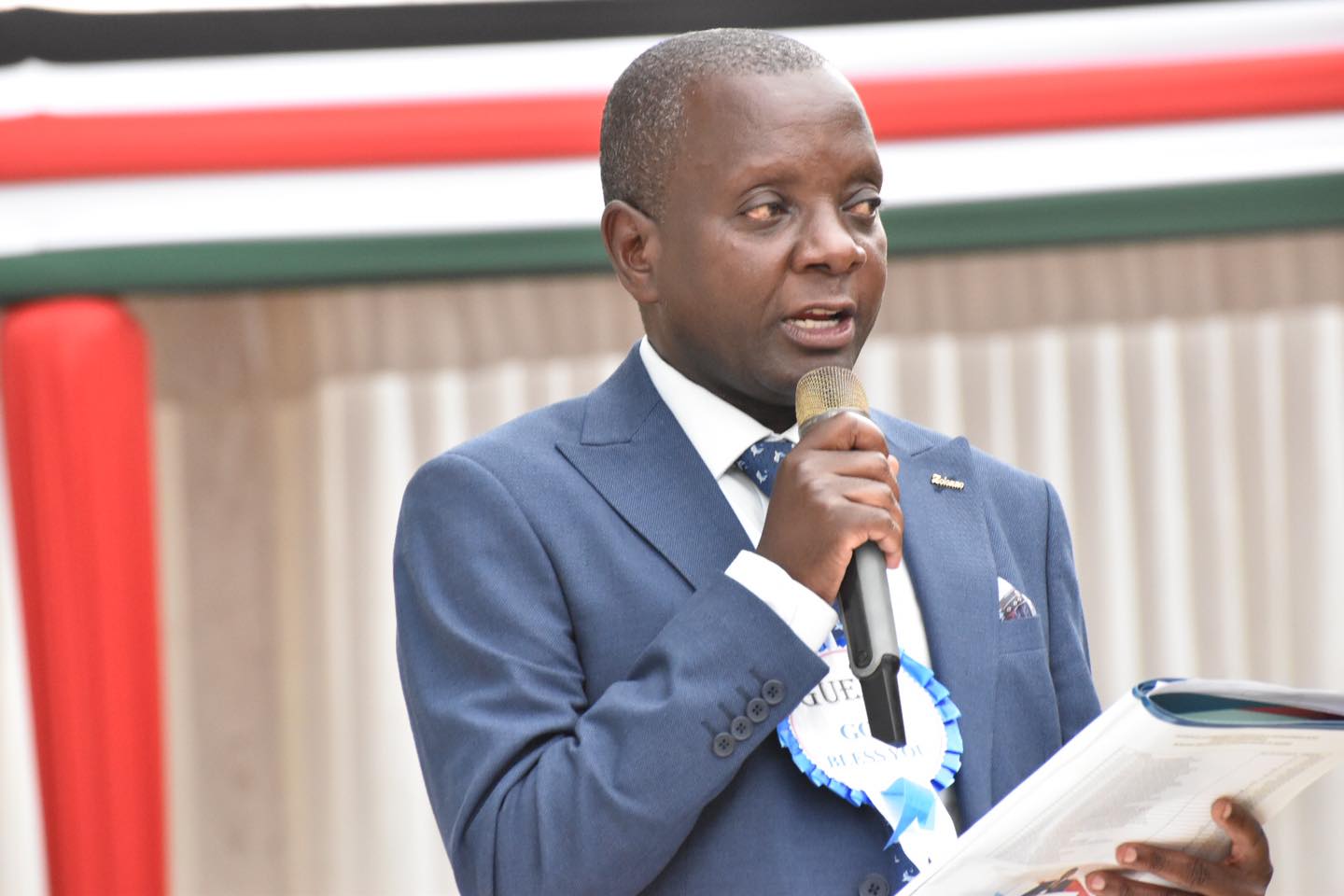By Our Reporter
Teachers who will be promoted to positions of responsibility to become Head teachers, deputy head teachers and Senior teachers will in future not serve in their home counties.
The new policy will also make it mandatory that institutional administrators transferred to new stations cannot serve in their native counties.
According to the teachers’ employer, home County means the County of a teacher’s birth or where a teacher has been residing for a long time.
The new policy, titled Policy on Appointment and Deployment of Institutional Administrators 2017 states that institutional administrators include principals, deputy principals, head teachers, deputy head teachers, senior masters, senior mistresses, senior teachers, registrars and deans.
In second term, TSC transferred 515 principals in National, County, Extra county schools and tertiary institutions in a pilot programme which has come to be known as delocalisation.
However, this has not gone down well with Kenya National Union of Teachers (Knut) terming it as efforts to weaken the union and drive the members into poverty.
Consequently, school administrators to replace those exiting the service, probably out of natural attrition, will have to come from outside their home counties.
“Serving institutional administrators who decline transfer or resign from administrative positions shall be exited from service,” the new policy warns.
Secretary and Chief Executive Nancy Macharia notes that the commission’s endeavour to delocalise institutional administrators will be given impetus by ensuring that heads of institutions and their deputies are assigned to institutions outside their home counties to serve for a defined period.
On her part, commission chairperson Dr Lydia Nzomo states that the formulation of the policy is partly informed by the recommendation of the Job Evaluation Report which was undertaken by the Salaries and Remuneration Commission (SRC) in consultation with the commission in November 2016.
“The policy resonates with the commission’s reform agenda, particularly the enhancement of learning outcomes through strengthening the management of learning institutions,” she states.
However, the teacher employer will appoint head teachers and principals, and deploy them to institutions commensurate to their grades.
Heads of institution will not serve in a station for a period exceeding nine continuous years, while deputies will not serve in an institution for a period exceeding six continuous years.
Teachers who were converted to grades commensurate to Institutional Administrators positions as at July 1st, 2017 will be deployed as such, subject to availability of vacancies and suitability interviews.
To qualify for consideration as Head of a post-primary institution, one must be a qualified Graduate Teacher/Technical, Teacher or Lecturer or of an equivalent qualification employed by the Commission; must have demonstrated competence and ability both as a classroom teacher and as a Deputy Head of Post-primary institution, more so, must be a holder of a Masters degree in a relevant area.
One must have served as a Deputy Head of a Post-primary institution for a period of at least three years and more importantly, must have successfully undertaken the prescribed number of Teacher Professional Development (TPD) modules. Similar requirements will apply to Deputy Heads of Post-primary institution.
To qualify for consideration as Senior Master or Mistress, one must be a qualified Graduate Teacher or Technical, Teacher or Lecturer employed by the Commission; must have demonstrated competence and ability as a teacher; must have served as a teacher for a period of at least three years; and more so, must have successfully undertaken the prescribed number of TPD modules. Same rules will apply to the appointment of Registrars and Deans.
To be considered for appointment as Head teacher, one must be a holder of P1 Certificate employed by the Commission, must have demonstrated competence and ability as a Deputy Head teacher; be a holder of a Bachelors degree in Education; must have served as a Deputy Head teacher for a period of at least three years, and must have successfully undertaken the prescribed number of TPD modules. Same requirements will apply to the appointment of Deputy Head teachers.
To qualify for consideration as a Senior teacher, one must be professionally qualified teacher holding a P1 Certificate employed by the Commission; demonstrated competence and ability as a classroom teacher; have served as a classroom teacher for at least three years; and more importantly, must have successfully undertaken the prescribed number of TPD modules.
The Commission Chief Executive, Nancy Macharia says TSC has outlined the academic and professional requirements necessary for appointment and deployment of Institutional Administrators, and has further set the process for career advancement and succession management in institutions.
For instance, at Primary school level, a teacher may advance from the lowest administrative grade of Senior Teacher II (C2) and gradually progress to the position of Senior Head Teacher (Grade-D1).
Likewise, in Post-primary institutions, the entry level for administrators is Senior Master or Mistress III (Grade-C5) progressing to the level of Chief Principal, Grade D5.
“Henceforth, institutional administrators will be appointed substantively and remunerated commensurately. Teachers appointed as Institutional Administrators will be expected to provide leadership and mentorship to their respective institutions with a view to improve the quality of teaching and learning generally,” states Macharia in the policy document.
The appointment, deployment and retention of Institutional Administrators will now be subject to the satisfactory performance of duties assigned to a teacher or each administrator.
It is further stated in the Teachers Service Commission (TSC) new rules that an Institutional Administrator who fails to meet his or her performance targets as provided in the relevant performance contracting and,or appraisal instruments may have their services terminated following the due process encapsulated under the Code of Regulations for Teachers.
“Each Institutional Administrator shall be appraised with the view to evaluate and determine his or her performance levels in accordance with Regulation 52 of the Code which states that the Commission may take disciplinary action against a teacher who fails to complete and submit an appraisal report to the supervisor.
“Specifically, and notwithstanding any other provision in this policy, the Commission reserves the right to transfer an Administrator from one institution to another regardless of the number of years served in that station,” state the new rules.







I welcome this new development by my employer TSC. This should begin immediately and with me as the senior teacher of Ratieny Primary School,Nyatike sub-county,Migori County.